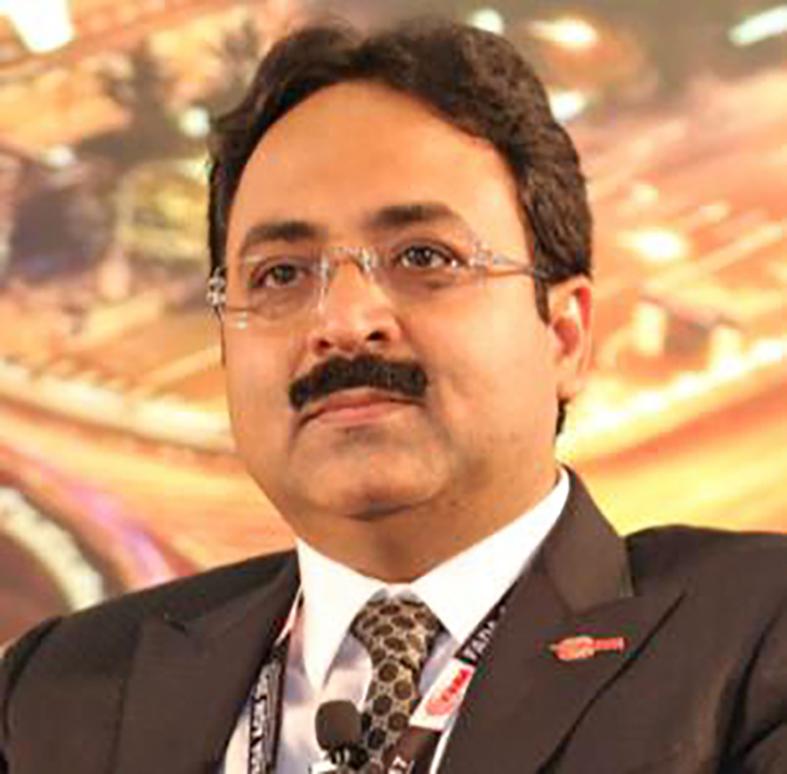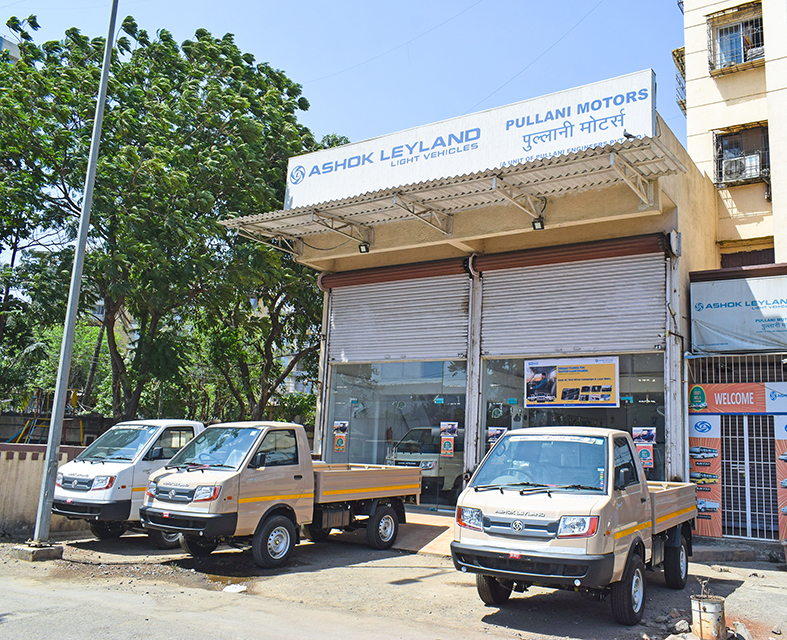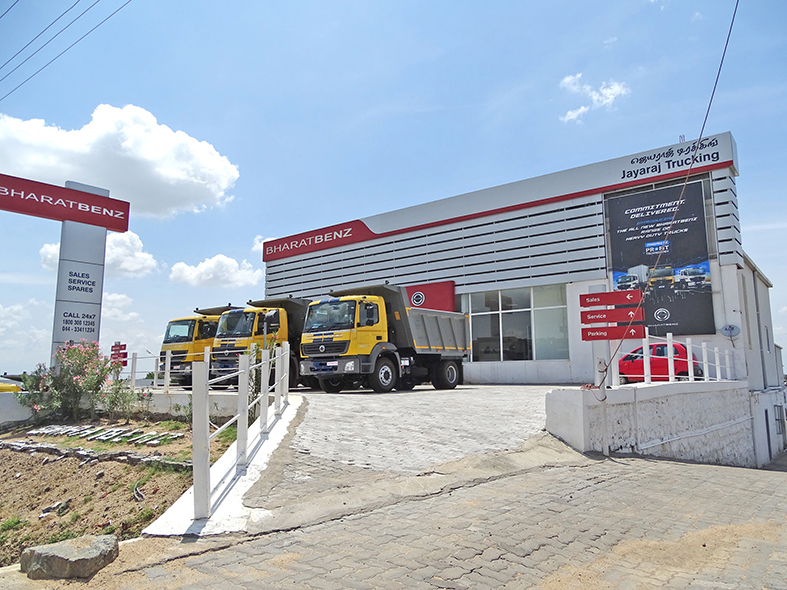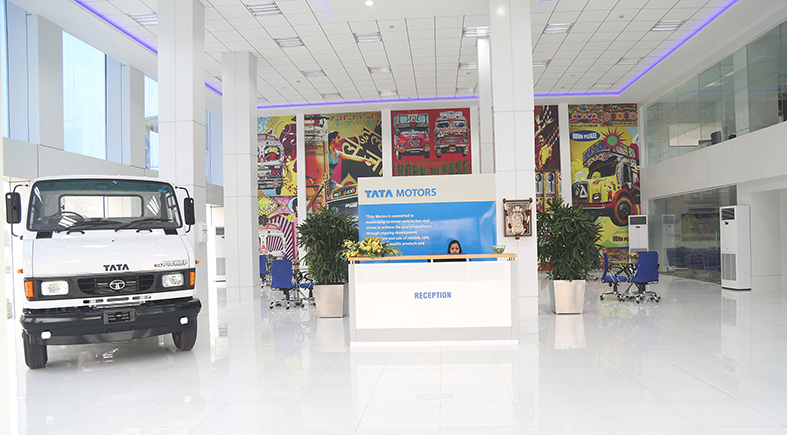Changes in business are normal but the rate of change that the businesses have witnessed during the ongoing virus-triggered pandemic is quite staggering. Automotive dealerships with their huge infrastructure and capital costs have suffered too. With zero sales in April, dealerships went through a lot of consolidation and introspection. As things crawl back to normal, N. Balasubramanian spoke to Vinkesh Gulati, Vice President, Federation of Automobile Dealers Associations of India (FADA), to understand how dealers have coped with this disruption, their plans to sustain the rate of change and their medium to long-term expectations

Could you please give us an overview of the current scenario at dealerships across the country?
April was really bad for everybody. Nobody in their life had seen zero sales in a month. So obviously it was a horrible situation, but slowly dealers are emerging out of that long-dreaded phase. Obviously, it is still too early to comment on what kind of sales we are looking at but the first step was to once again be in contact with customers. So, getting hold of them, and checking on them whether they had plans to buy vehicle(s) during the festive season was the beginning to a new normal. Deliveries to people who had booked earlier and whose finance papers were in process have already been done. Deliveries have also happened to those who have made full payment.
On the service front, the situation is a bit tight as the SOPs to disinfect the vehicle and then proceed for servicing have increased. Retaining and now even finding skilled labour force is a big challenge, given the reverse migration that happened. Having said so, most dealerships – approximately 90-95% – have been able to kick-start operations and to manage and take stock of the inventory as per the customers’ demand and help allocate manpower accordingly. As an association we have been informing dealers to stock not more than 21 days – out of which 14 days’ worth can be physical stock and seven days should be the transit stock.
What efforts have been taken by FADA for voicing the views of the dealers to the government and the rest of the industry?
We have been in touch with our dealers throughout the 40-60 days of the lockdown phase. We took cognizance of various issues and presented them to the government. We have been following up with various ministries to accept and consider our dealer fraternity as MSMEs. Automotive dealerships being accepted as MSMEs will give the industry a big boost. On the demand generation front, we have already written to the finance minister and the prime minister. We spoke about the depreciation benefit which was given last year due to the slowdown. We want that to continue.

Additionally, they should include in the depreciation cost individuals too such as the service class or professionals who are buying a vehicle, which could be 15% or 25% depending upon the product. This will provide good support going forward. Another thing which is long overdue is the cut on GST rates. The automotive industry has the highest GST rate. What we pay and co-relate with GST is practically 40-50% of the cost of the vehicle. Add other items like road tax, insurance with GST, etc. and the tax component is huge! Hence, we have requested for GST reduction. I am also expecting that something will move forward in the goals set for the scrappage policy which we hope will see the light of the day soon.
If all the suggestions are considered, the industry will see a strong revival. Taking into consideration the stimulus package announced by the government, beyond considering dealers under the MSME category, what else do you think the government can actually do or should do to revive spirits and help out the automotive industry?
Ours is a capital-intensive fraternity that involves huge infrastructure cost and working capital. Hence, the interest we pay on running a dealership is usually high. If we have a gross margin of one rupee, 85% goes towards interest, rent and salary. We had, thus, requested that the interest cost should be covered by the government (at least during the ongoing crisis) for at least for 6-9 months to the tune of a minimum 4% reduction. It is a pressing issue since not all the banks have passed the benefits provided by the RBI.
In fact, the benefits have not reached everywhere. Financial authorities also need to understand that what we are going through is a ‘financial pandemic’. There may be many manufacturers with a lot of cash but think of a normal MSME or a normal businessman in the country whose business was closed for over 50 days. On top of it, there are fixed expenses to pay. He cannot fire all the employees as he will need them when work gets back to the earlier levels. But as of now, he has to pay his employees to survive the ‘new normal’. Therefore we were expecting the government to lend some support.

How did the dealers manage the transition to BS VI since the lockdown came in the middle of the change-over?
Obviously, all BS IV vehicles were retained at dealerships and were registered on e-portal after the lockdown was announced on March 23. However, the recent Supreme Court judgment has also allowed the registration of BS IV vehicles which were purchased till March 31 but could not be registered due to the lockdown. This will be of huge relief to all the dealers. Now, as the festive seasons picks up and people move out as per their requirements, they would be visiting the dealerships.
What is your take on e-dealerships, i.e., digital deals in the new normal?
Digital is not entirely new for us. Ever since the internet, smart phone and social media boom in India, the digital medium has become a catalyst to generate leads. Given the corona virus and social distancing norms, not many are walking in and hence virtual platforms have been a boon. Additionally, a few companies have come up with some good digital advertisements and portals that list all the features of the vehicles. But yes, potential buyers in India would still want to see a vehicle in physical form since some features like the colour, for example, may appear to be different online than in reality.
Having said so, in the end the dealer will have to facilitate finance formalities, insurance and other documentation which will of course make it necessary for the customer to visit the dealership in person for signatures, etc. Given the high infrastructure and operational cost of dealerships, digital is definitely going to stay and co-exist. Today, a customer is also interested in having an interactive 360-degree experience and hence the processes will grow and evolve with 3D, artificial intelligence and virtual reality. Creating new dimensions of engagement will co-exist with the old method of finalising a deal at the dealership over a coffee for a few years. Gradually, dealers will consolidate their resources for both touch-points as well as inventory. I think 100% digital will not happen but depending on needs and preferences user behaviour will change. There is a lot of sentiment and emotion attached in vehicle buying and hence customers will want to experience it first-hand.

What do you think will be the growth drivers, say, for this financial year and the next?
All categories will operate differently. Yes, physical distancing will make people move away from shared mobility for some time. They shall come back once we get back to the normal. Social distancing, in fact, will be a growth driver for two-wheeler and passenger vehicles. Apart from this, since the farmers were sowing and working even during the lockdown, this could be a game-changer, as pointed out by the finance minister. They will be looking to buy vehicles to achieve efficiency in their work. The rural market will thus grow. As for CVs, if infrastructure projects open up as the government has indicated, sales may pick up. Thus, it is likely that people will invest in new vehicles for transport of essential commodities but this would be in accordance with how their income fares. There will be green shoots of growth for sure.
What are the key takeaways, learnings and also opportunities for automotive dealerships from this entire pandemic experience over the medium to long term?
Obviously, dealers are learning to deal with a cash crunch, whether they like it or not. We are a trading community and whatever we earn is re-invested into infrastructure and buying vehicles. Since our ticket size is high, a dealer selling 50 vehicles also earns in crores. But to manage with zero income while managing everything was a big learning. Many dealers have been thinking about digital as the future and frugal infrastructure.
For long we have been working on very huge set-ups and are burdened with high fixed costs. Of course, in all the last 5-10 years we have been growing 10-15% and hence our ways of working have become a lot extravagant. The pandemic has taught us to work with what is available. We have to be both resilient and efficient. It is time for dealers to think whether they actually need a few big set-ups or a few small ‘near customer’ set-ups. OEMs will have to work hand-in-hand for this. This is an introspective phase and I am sure the industry has found out a lot of things given the efforts that all of us have collectively put in.
Vinkesh Gulati takes over as new FADA President
The Federation of Automobile Dealers Associations (FADA), the apex national body of automobile retail in India, announced the appointment of Vinkesh Gulati as FADA’s 35th President for the year 2020-22. The decision was made at the 298th Governing Council Meeting which was held immediately after the 56th Annual General Meeting of the Federation. Gulati is the Director of United Automobiles, based out of Allahabad and Faridabad.
Commenting on his appointment as the new FADA President, Gulati said, “I am extremely humbled and honoured that the Federation has placed its trust in me in taking up the position of next FADA President, an organisation with a momentous past and an exciting future. We are a resilient lot and the ongoing pandemic has once again taught us to take tough decisions to ensure that our dealerships survive. During my tenure, I will rigorously take up dealer issues related to improving dealership profitability, including dealer margins, Franchise Act or coming under the ambit of the MSME. Despite these current challenges, India has the potential to soon become the third-largest automobile market in the world. We can truly fulfil our government’s vision of making India a global leader in automobiles if our ecosystem works in unison – the government, SIAM, ACMA and FADA.”
The council also elevated the following persons for the year 2020-22:
· Manish Raj Singhania, Managing Partner, Ralas Motors, Raipur (dealer for Mahindra & Mahindra) as the Vice President.
· Chittur Selvakumar Vigneshwar, Deputy Managing Director, Anaamalais Toyota, Coimbatore (dealer for Toyota, VECV and Benelli) as the Secretary.
Further, the council unanimously elected Sai Giridhar, Director, Saisha Motors (P) Ltd., Jaipur (dealer for Skoda Auto) as the Treasurer for the year 2020-22.